Well, I'm assuming you don't keep an explicit reference to it since that would force it to stay allocated.
The simplest test I could think of is actually allocating a lot of promises and not resolving them:
var $q = angular.injector(["ng"]).get("$q");
setInterval(function () {
for (var i = 0; i < 100; i++) {
var $d = $q.defer();
$d.promise;
}
}, 10);
And then watching the heap itself. As we can see in the Chrome profiling tools, this accumulates the needed memory to allocate a 100 promises and then just "stays there" at less than 15 megabyes for the whole JSFIddle page

From the other side, if we look at the $q source code
We can see that there is no reference from a global point to any particular promise but only from a promise to its callbacks. The code is very readable and clear. Let's see what if you do however have a reference from the callback to the promise.
var $q = angular.injector(["ng"]).get("$q");
console.log($q);
setInterval(function () {
for (var i = 0; i < 10; i++) {
var $d = $q.defer();
(function ($d) { // loop closure thing
$d.promise.then(function () {
console.log($d);
});
})($d);
}
}, 10);

So after the initial allocation - it seems like it's able to handle that as well :)
We can also see some interesting patterns of GC if we let his last example run for a few more minutes. We can see that it takes a while - but it's able to clean the callbacks.

In short - at least in modern browsers - you don't have to worry about unresolved promises as long as you don't have external references to them


